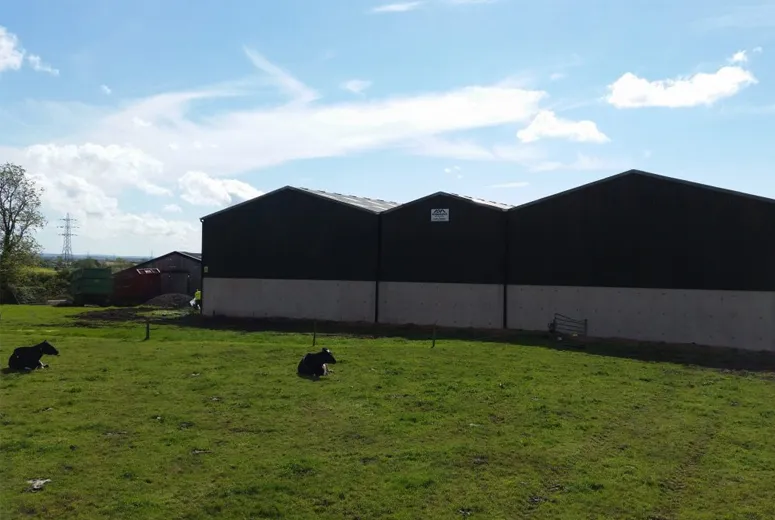- Afrikaans
- Albanian
- Amharic
- Arabic
- Armenian
- Azerbaijani
- Basque
- Belarusian
- Bengali
- Bosnian
- Bulgarian
- Catalan
- Cebuano
- Corsican
- Croatian
- Czech
- Danish
- Dutch
- English
- Esperanto
- Estonian
- Finnish
- French
- Frisian
- Galician
- Georgian
- German
- Greek
- Gujarati
- Haitian Creole
- hausa
- hawaiian
- Hebrew
- Hindi
- Miao
- Hungarian
- Icelandic
- igbo
- Indonesian
- irish
- Italian
- Japanese
- Javanese
- Kannada
- kazakh
- Khmer
- Rwandese
- Korean
- Kurdish
- Kyrgyz
- Lao
- Latin
- Latvian
- Lithuanian
- Luxembourgish
- Macedonian
- Malgashi
- Malay
- Malayalam
- Maltese
- Maori
- Marathi
- Mongolian
- Myanmar
- Nepali
- Norwegian
- Norwegian
- Occitan
- Pashto
- Persian
- Polish
- Portuguese
- Punjabi
- Romanian
- Russian
- Samoan
- Scottish Gaelic
- Serbian
- Sesotho
- Shona
- Sindhi
- Sinhala
- Slovak
- Slovenian
- Somali
- Spanish
- Sundanese
- Swahili
- Swedish
- Tagalog
- Tajik
- Tamil
- Tatar
- Telugu
- Thai
- Turkish
- Turkmen
- Ukrainian
- Urdu
- Uighur
- Uzbek
- Vietnamese
- Welsh
- Bantu
- Yiddish
- Yoruba
- Zulu
Dec . 04, 2024 10:01 Back to list
Insulating a Steel Building Best Practices and Benefits
Insulating a steel building is an essential aspect of construction and design that significantly impacts energy efficiency, comfort, and overall building performance. As steel structures are renowned for their strength and durability, the insulation process requires careful consideration to ensure both thermal efficiency and moisture control. Here, we delve into the importance of insulation in steel buildings, various insulation methods, and the benefits they bring.
Importance of Insulation
Steel buildings are often subjected to extreme temperature variations, making insulation crucial in maintaining a stable internal environment. Proper insulation helps to regulate indoor temperatures, which can lead to reduced energy consumption and lower utility bills. Furthermore, insulation plays a vital role in preventing condensation, mold growth, and structural deterioration, all of which can compromise the integrity and longevity of the building.
Types of Insulation Materials
There are several insulation materials suitable for steel buildings, each with its own set of advantages and disadvantages
1. Fiberglass Insulation This is one of the most commonly used insulation materials due to its affordability and effectiveness. Fiberglass insulation comes in batts or rolls, which makes it easy to install. However, it is essential to ensure that it is properly sealed and protected from moisture.
2. Spray Foam Insulation This type of insulation is applied as a liquid that expands and hardens, creating an airtight seal that effectively prevents heat transfer. Spray foam insulation has excellent R-values, providing superior thermal resistance. While it is more expensive than fiberglass, its ease of application and moisture barrier capabilities often justify the cost.
3. Foam Board Insulation Foam boards are rigid panels that can be installed in various areas, including walls, roofs, and foundations. They provide good thermal resistance and are often used in conjunction with other insulation types for enhanced performance.
4. Mineral Wool Insulation Also known as rock wool, this material is fire-resistant and offers excellent soundproofing qualities. Mineral wool is an excellent choice for industrial applications, especially in steel buildings where noise control is a priority.
5. Reflective or Radiant Barrier Insulation This type of insulation is designed to reflect radiant heat away from living spaces, making it particularly useful in warmer climates. It is typically used in roofs and attics to reduce heat gain.
insulating a steel building

Installation Considerations
When insulating a steel building, it is essential to consider both thermal and vapor barriers. This dual approach helps to prevent moisture buildup, which can lead to rusting of steel components and mold growth within insulation materials. Proper sealing of joints, seams, and penetrations is critical to ensure the effectiveness of any insulation system.
The installation process can vary based on the type of insulation chosen. For instance, spray foam insulation requires specialized equipment and may necessitate professional installation, whereas fiberglass batt insulation can often be installed by homeowners with the right tools and guidance.
Benefits of Insulating Steel Buildings
The advantages of insulating a steel building extend beyond energy savings. Proper insulation contributes to
- Enhanced Comfort Insulation maintains a consistent indoor temperature, making the space more comfortable for occupants, whether it is a residential, commercial, or industrial facility.
- Increased Property Value Energy-efficient buildings are increasingly sought after in the real estate market, and effective insulation can boost the value of a steel structure.
- Sustainability By reducing energy consumption, insulated buildings contribute to lower carbon footprints, aligning with sustainable building practices and environmental preservation.
- Noise Reduction Insulation helps to minimize sound transmission, providing a quieter and more conducive environment for work and living.
In conclusion, insulating a steel building is a critical investment that offers numerous benefits in terms of energy efficiency, comfort, and longevity. By choosing the right insulation material and ensuring proper installation, property owners can enjoy a more sustainable and resilient structure for years to come.
-
How Do Prefabricated Steel Structures Transform Modern Construction?
NewsJul.14,2025
-
How Do Prefabricated Metal Buildings Redefine Modern Construction?
NewsJul.14,2025
-
How Do Prefab Insulated Metal Buildings and Steel Structures Revolutionize Modern Construction?
NewsJul.14,2025
-
How Do Pre - Engineered Steel Structures Redefine Modern Construction?
NewsJul.14,2025
-
Advancing Modular Construction with Prefabricated Metal Structures
NewsJul.14,2025
-
Advancing Industrial Infrastructure with Prefabricated Steel Solutions
NewsJul.14,2025
Products categories
Our Latest News
We have a professional design team and an excellent production and construction team.












